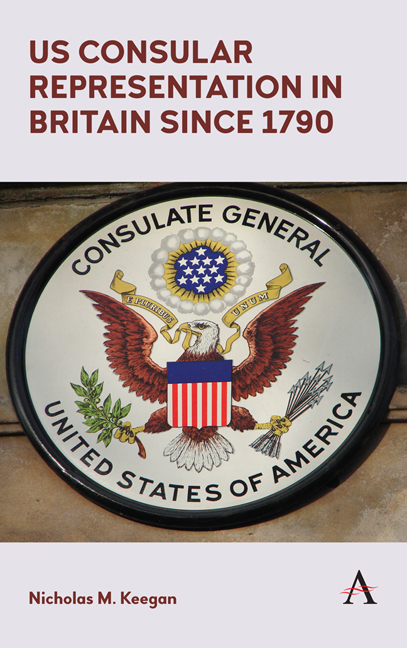Introduction
Published online by Cambridge University Press: 21 June 2018
Summary
‘The vaguest of ideas are still […] prevalent as to the functions and life of a consul, and as to the constitution, organisation, and general administration of the consular service.’ So wrote Joseph H. Longford, a retired British diplomat and later inaugural professor of Japanese at King's College London, more than a century ago when referring to British consular representation. But his words are just as relevant today to describe popular knowledge of the existence and extent of consular representation and the functions undertaken by consuls. Indeed, some people confuse consulates with embassies and use the terms interchangeably and often wrongly. This may be because they have no contact with consulates; yet, if they get into difficulties abroad they will expect their consul to help them out. It does not seem to occur to them that foreign consulates also operate in their own country. This book focuses on one country, describing for the first time the history and activities of the American consular presence in Britain from 1790 to the present day.
Differing claims have been advanced for the first appearance of consuls, and this is recognized in the preamble of the 1963 Vienna Convention on Consular Relations, which states simply that ‘consular relations have been established between peoples since ancient times’. It is generally accepted, however, that the Italian city states were the first examples of the modern consular institution, notably Venice with its impressive naval supremacy, although some maintain that Constantinople, the Byzantine capital, saw the first appearance. The oldest among the modern Consular Services are those that were established by France, Britain, Portugal, Spain and the Netherlands. Although Eurocentric in its concept and form, the consular system has endured and spread throughout the world. Extraterritorial judicial powers were an early feature of consular functions, especially those imposed by European countries in China and the Ottoman Empire. Under this arrangement, foreign nationals were brought before their own consular courts to be tried and punished for offences committed in the host countries rather than allow them to be tried and punished by the local legal authorities. Extraterritorial judicial powers no longer exist.
- Type
- Chapter
- Information
- US Consular Representation in Britain since 1790 , pp. 1 - 6Publisher: Anthem PressPrint publication year: 2018



